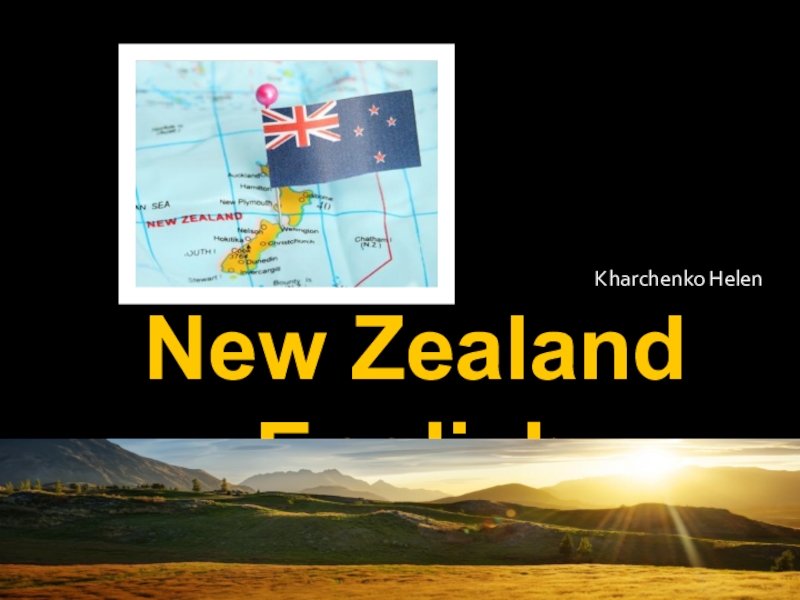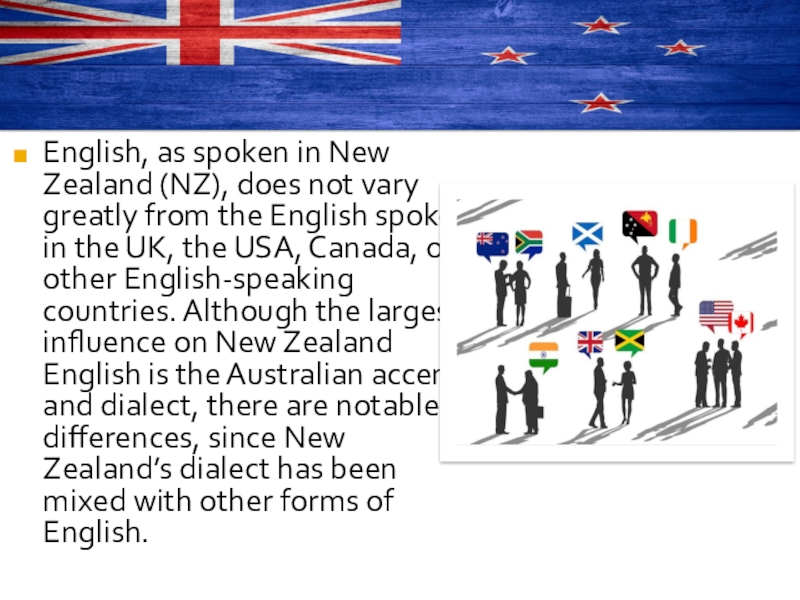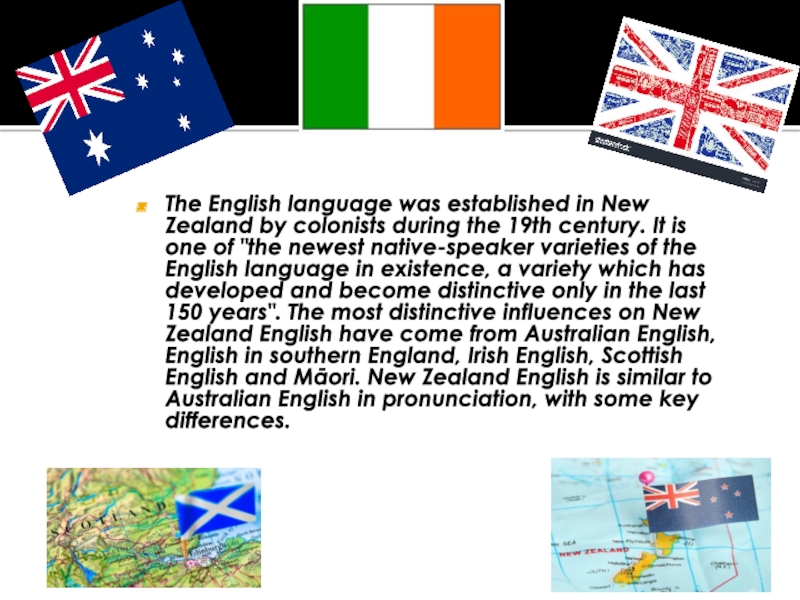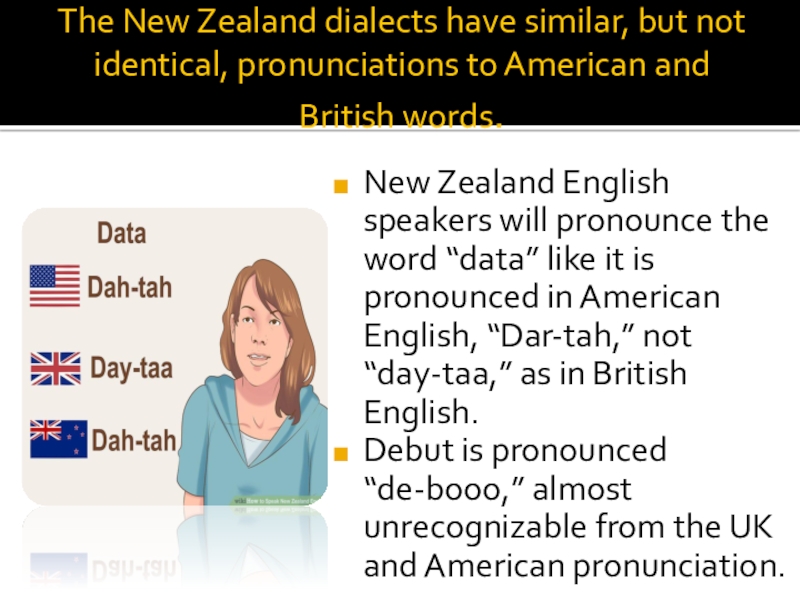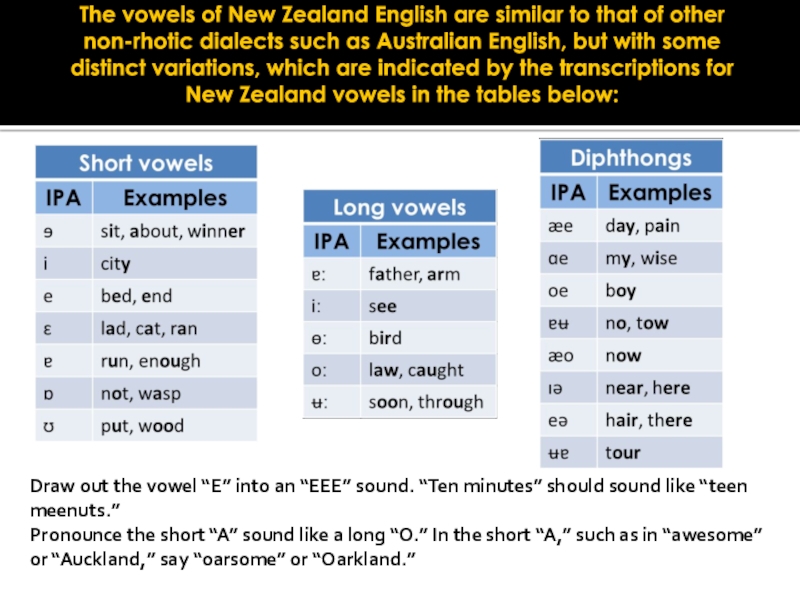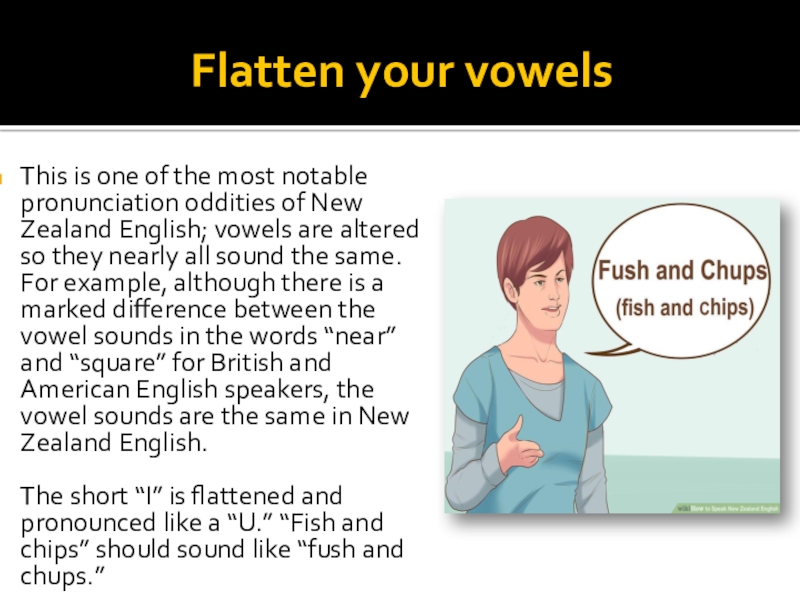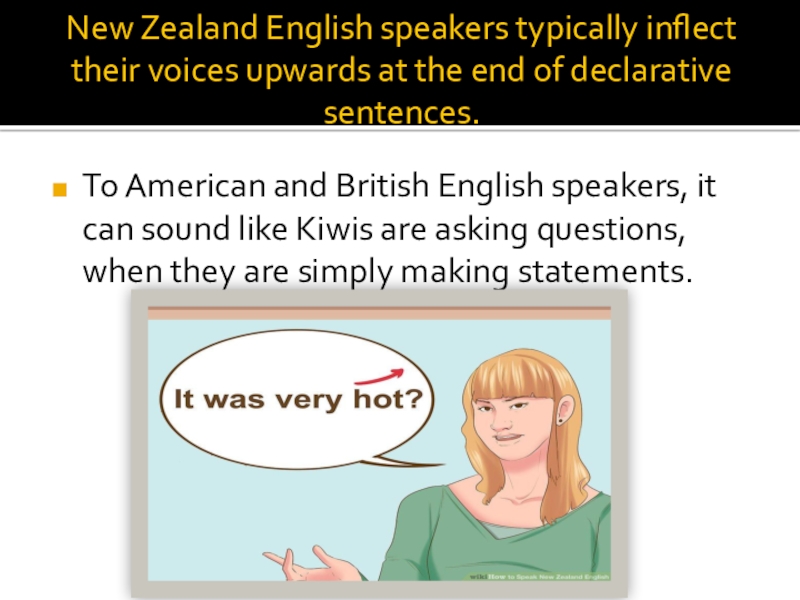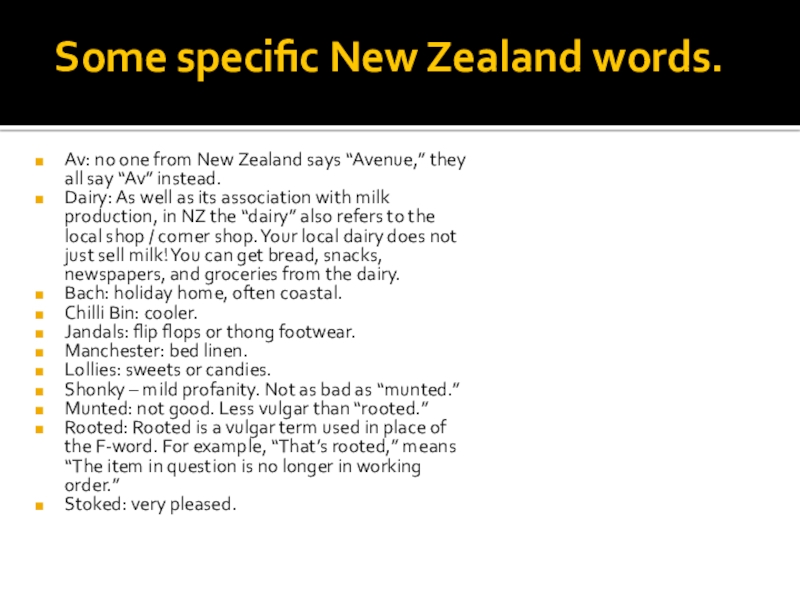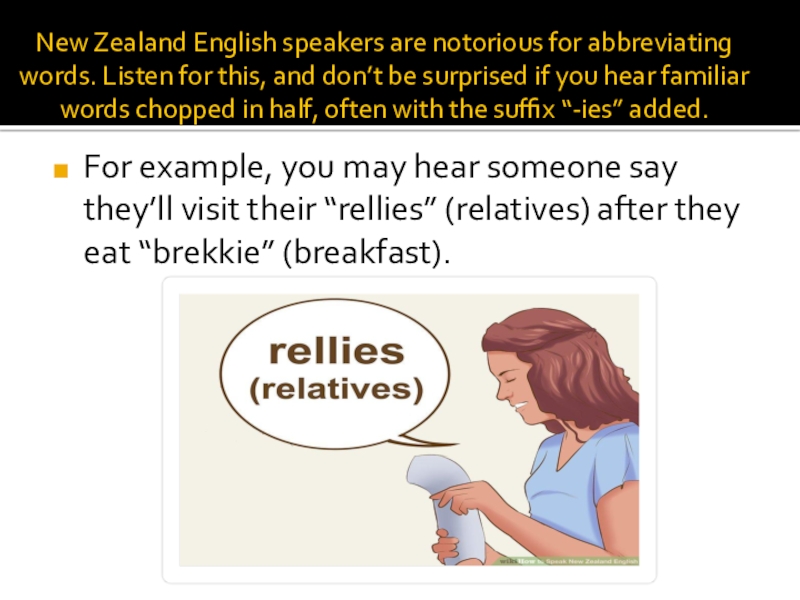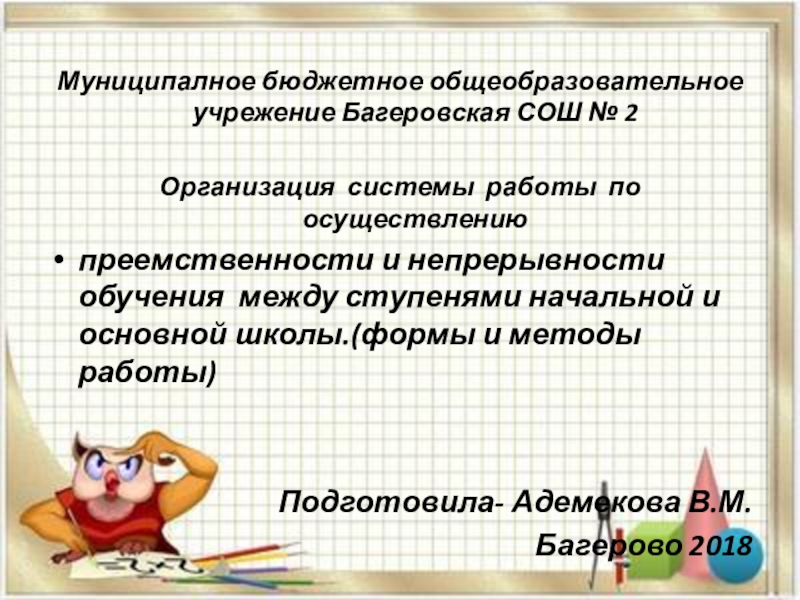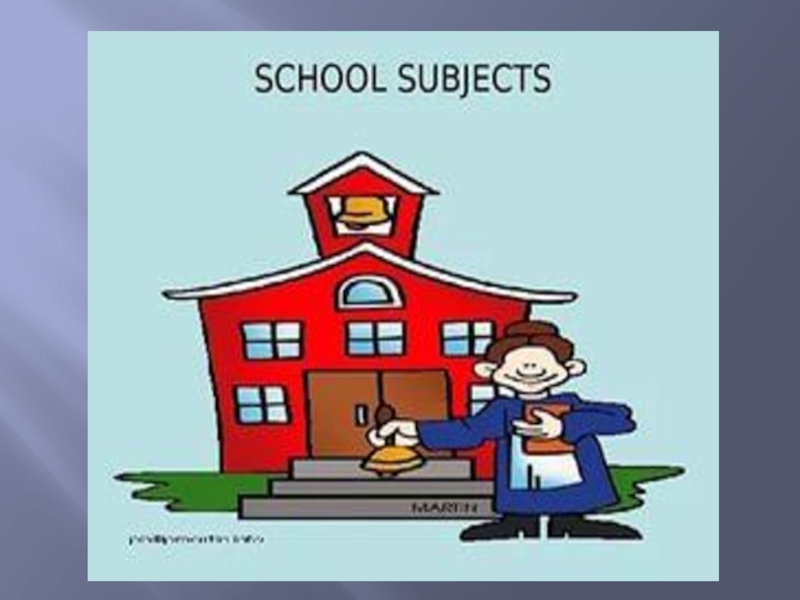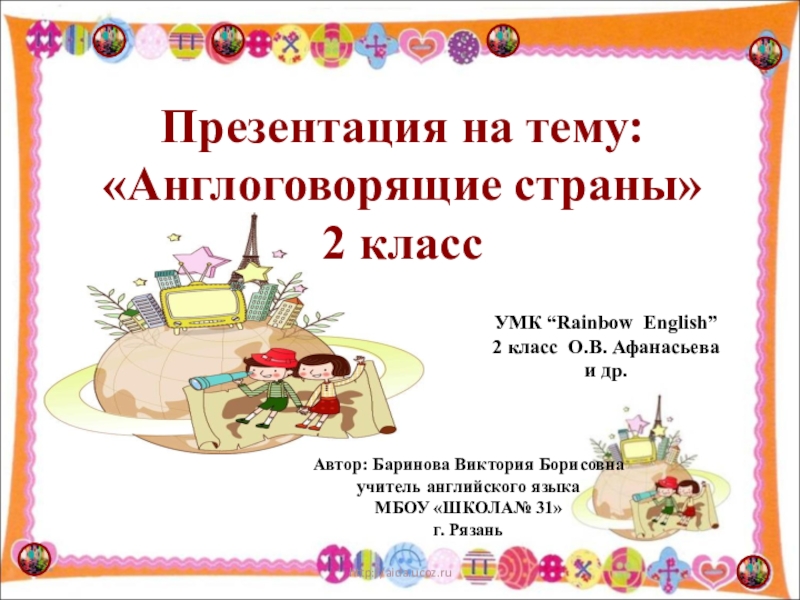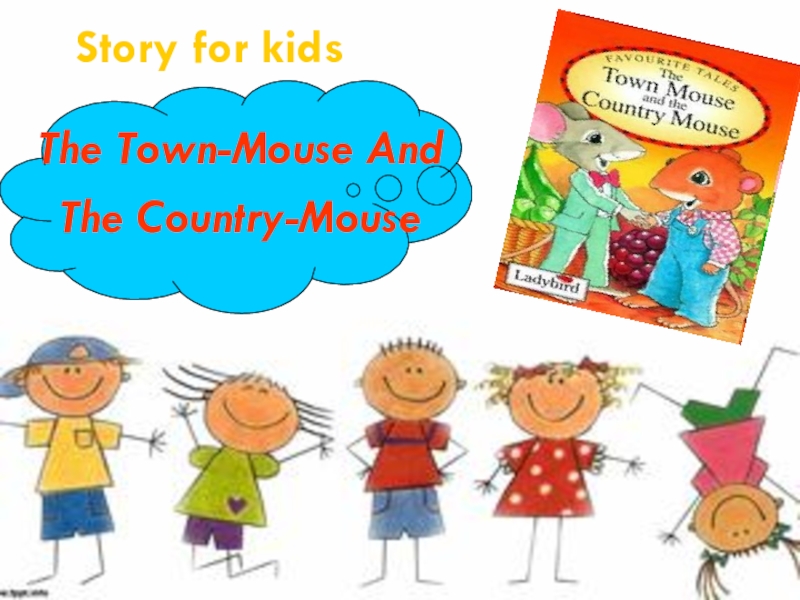- Главная
- Разное
- Образование
- Спорт
- Естествознание
- Природоведение
- Религиоведение
- Французский язык
- Черчение
- Английский язык
- Астрономия
- Алгебра
- Биология
- География
- Геометрия
- Детские презентации
- Информатика
- История
- Литература
- Математика
- Музыка
- МХК
- Немецкий язык
- ОБЖ
- Обществознание
- Окружающий мир
- Педагогика
- Русский язык
- Технология
- Физика
- Философия
- Химия
- Шаблоны, фоны, картинки для презентаций
- Экология
- Экономика
Презентация, доклад по Основам Теории Иностранного Языка на тему New Zealand
Содержание
- 1. Презентация по Основам Теории Иностранного Языка на тему New Zealand
- 2. English, as spoken in New Zealand (NZ),
- 3. The English language was established in New
- 4. The New Zealand dialects have similar, but
- 5. The vowels of New Zealand English are
- 6. Flatten your vowelsThis is one of the
- 7. New Zealand English speakers typically inflect their
- 8. Some specific New Zealand words.Av: no one
- 9. Don’t be fooled by false cognates.These
- 10. New Zealand English speakers are notorious for
- 11. Слайд 11
Слайд 2English, as spoken in New Zealand (NZ), does not vary greatly
Слайд 3The English language was established in New Zealand by colonists during
Слайд 4The New Zealand dialects have similar, but not identical, pronunciations to
New Zealand English speakers will pronounce the word “data” like it is pronounced in American English, “Dar-tah,” not “day-taa,” as in British English.
Debut is pronounced “de-booo,” almost unrecognizable from the UK and American pronunciation.
Слайд 5The vowels of New Zealand English are similar to that of
Draw out the vowel “E” into an “EEE” sound. “Ten minutes” should sound like “teen meenuts.”
Pronounce the short “A” sound like a long “O.” In the short “A,” such as in “awesome” or “Auckland,” say “oarsome” or “Oarkland.”
Слайд 6Flatten your vowels
This is one of the most notable pronunciation oddities
Слайд 7New Zealand English speakers typically inflect their voices upwards at the
To American and British English speakers, it can sound like Kiwis are asking questions, when they are simply making statements.
Слайд 8Some specific New Zealand words.
Av: no one from New Zealand says
Dairy: As well as its association with milk production, in NZ the “dairy” also refers to the local shop / corner shop. Your local dairy does not just sell milk! You can get bread, snacks, newspapers, and groceries from the dairy.
Bach: holiday home, often coastal.
Chilli Bin: cooler.
Jandals: flip flops or thong footwear.
Manchester: bed linen.
Lollies: sweets or candies.
Shonky – mild profanity. Not as bad as “munted.”
Munted: not good. Less vulgar than “rooted.”
Rooted: Rooted is a vulgar term used in place of the F-word. For example, “That’s rooted,” means “The item in question is no longer in working order.”
Stoked: very pleased.
Слайд 9
Don’t be fooled by false cognates.
These are words and phrases in
To have a mare: to make a fool of yourself.
Sweet As: agreed, or good.
Yeah-nah: No thank you.
Слайд 10New Zealand English speakers are notorious for abbreviating words. Listen for
For example, you may hear someone say they’ll visit their “rellies” (relatives) after they eat “brekkie” (breakfast).
